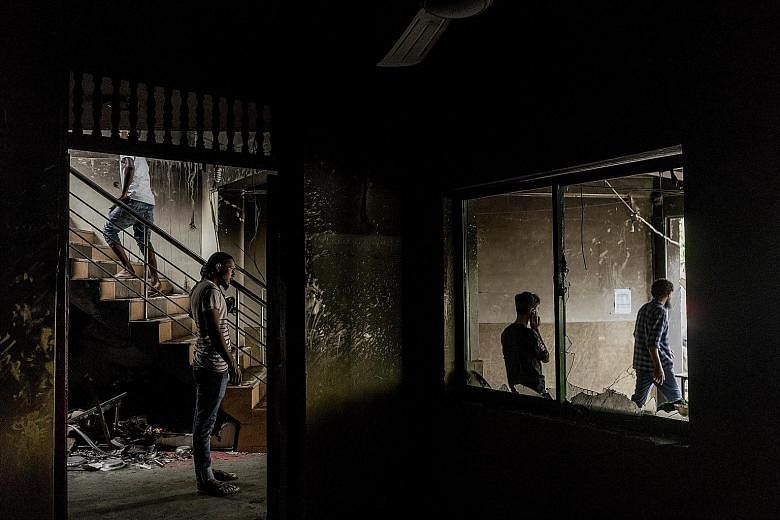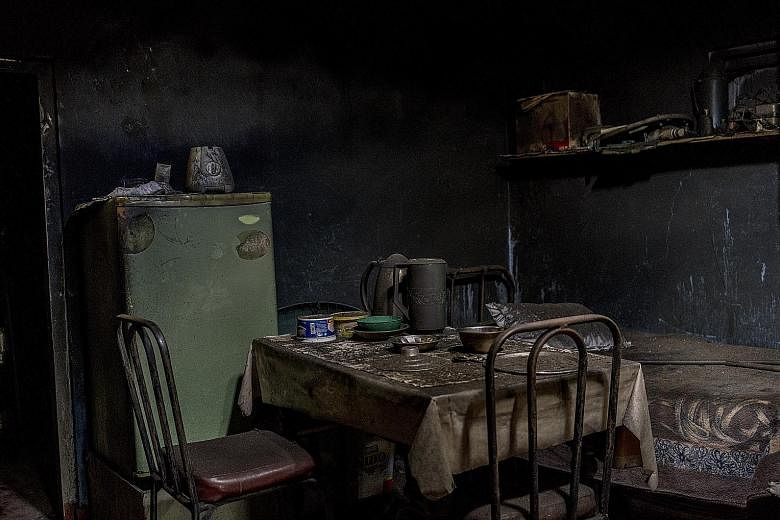When they talk about incitement to violence on Facebook - a growing problem in developing markets - representatives and critics of the platform alike tend to describe it as a problem created by small factions of extremists.
The extremists, in this view, push out rumours and inflammatory claims to everyday users, who become ideologically infected. So stopping the violence should be as simple as silencing the extremists.
Already a subscriber? Log in
Read the full story and more at $9.90/month
Get exclusive reports and insights with more than 500 subscriber-only articles every month
ST One Digital
$9.90/month
No contract
ST app access on 1 mobile device
Unlock these benefits
All subscriber-only content on ST app and straitstimes.com
Easy access any time via ST app on 1 mobile device
E-paper with 2-week archive so you won't miss out on content that matters to you


